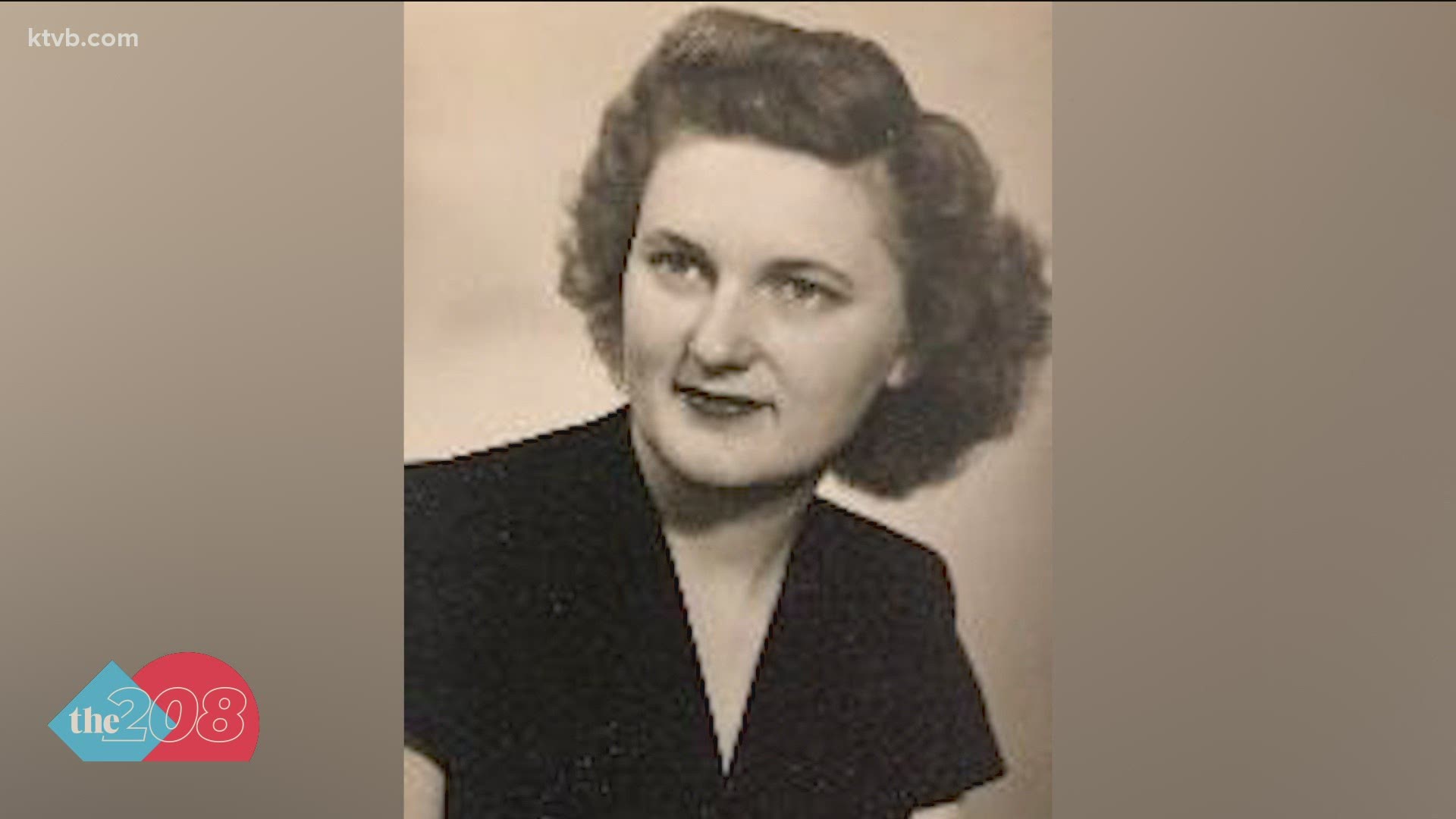BOISE, Idaho — As Idaho lawmakers introduce a bill that would fully fund all-day kindergarten programs across the state, the son of a woman who was instrumental in the fight to receive state funding for early education in the 1970s is telling her story.
Idaho was one of only two states, the other being Mississippi, in the country that did not fund kindergarten in 1971. When then-Gov. Cecil D. Andrus took office that year, he made it clear that education was a top priority.
Even as one of his top priorities, it took Andrus nearly five years to pass an early education funding bill through the Idaho legislature. It was not until 1975 that kindergarten programs began receiving funds from the state.
Andrus, however, was not alone in his efforts. A group of women who were very determined to get the state to pay for kindergarten education was instrumental in passing the legislation. One of those women was Marilyn Shuler, the well-known Idaho human rights advocate, and another was former state Sen. Sue Reents.
The other woman was Virginia Gabica, a former Kuna High School teacher who was not afraid to share her opinion. And in her opinion, according to her son, education started earlier than first grade.
Dr. Marty Gabica, Virginia's son, had just finished his initial college education at the College of Idaho and was about to begin medical school. While he had a lot going on in his personal life, he remembers his mother's frustrations during those first years of failed efforts.
"I remember this only because of how frustrated my mother was in not being able to get our legislature to listen to common sense, right?" Gabica said. "She was a teacher and then a social worker. She worked for the Casey Foundation for, like, 20 years and was really into kids and that drove this work on getting kindergartens [funded]."
His mother's main frustration was the amount of time the legislature took to understand the importance of kindergarten, which was personally important to her.
"We were one of the last states in the nation to even fund kindergarten and I think it was obvious to her that the earlier we could start teaching kids, the better off they're gonna be in life," Gabica said.
Virginia was joined by a group of women who organized meetings with legislators and lobbied for funding. Their efforts went on for four years.
"Mostly it was just getting together in the living room with these other women, and they shift from one person's place to another, and just discussing strategy," Gabica said. "Who they needed to talk to, who they needed to corner and they sat on the balcony throughout all the discussions where these dollars for education were being discussed."
When the state finally approved funding for kindergarten, Gabica said his mother's response was "pretty tempered," as she was so relieved to have finally gotten this legislation passed.
Join 'The 208' conversation:
- Text us at (208) 321-5614
- E-mail us at the208@ktvb.com
- Join our The 208 Facebook group: https://www.facebook.com/groups/the208KTVB/
- Follow us on Twitter: @the208KTVB or tweet #the208 and #SoIdaho
- Follow us on Instagram: @the208KTVB
- Bookmark our landing page: /the-208
- And we also turn each episode into a podcast or Podbean
- Still reading this list? We're on YouTube, too:

